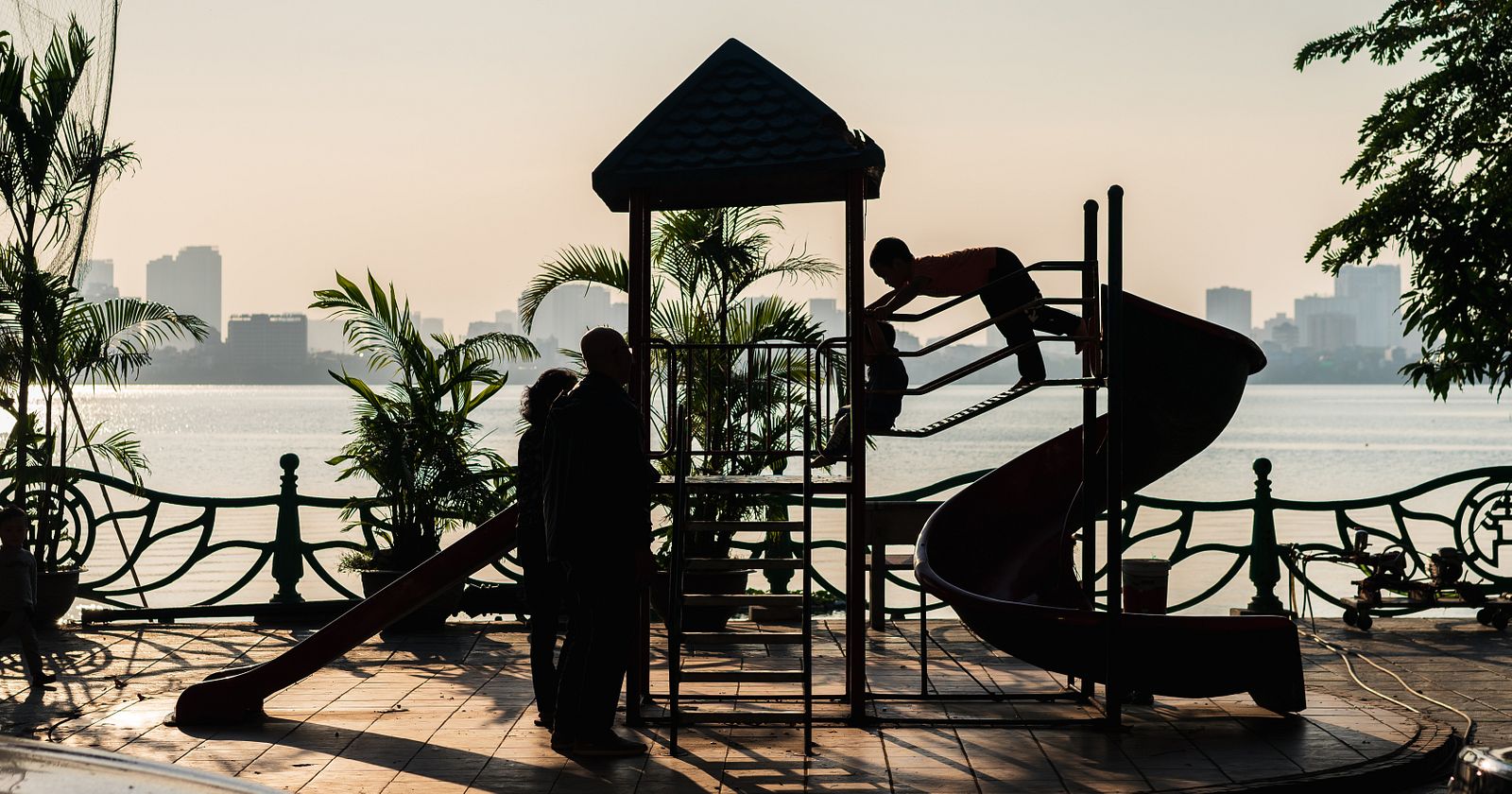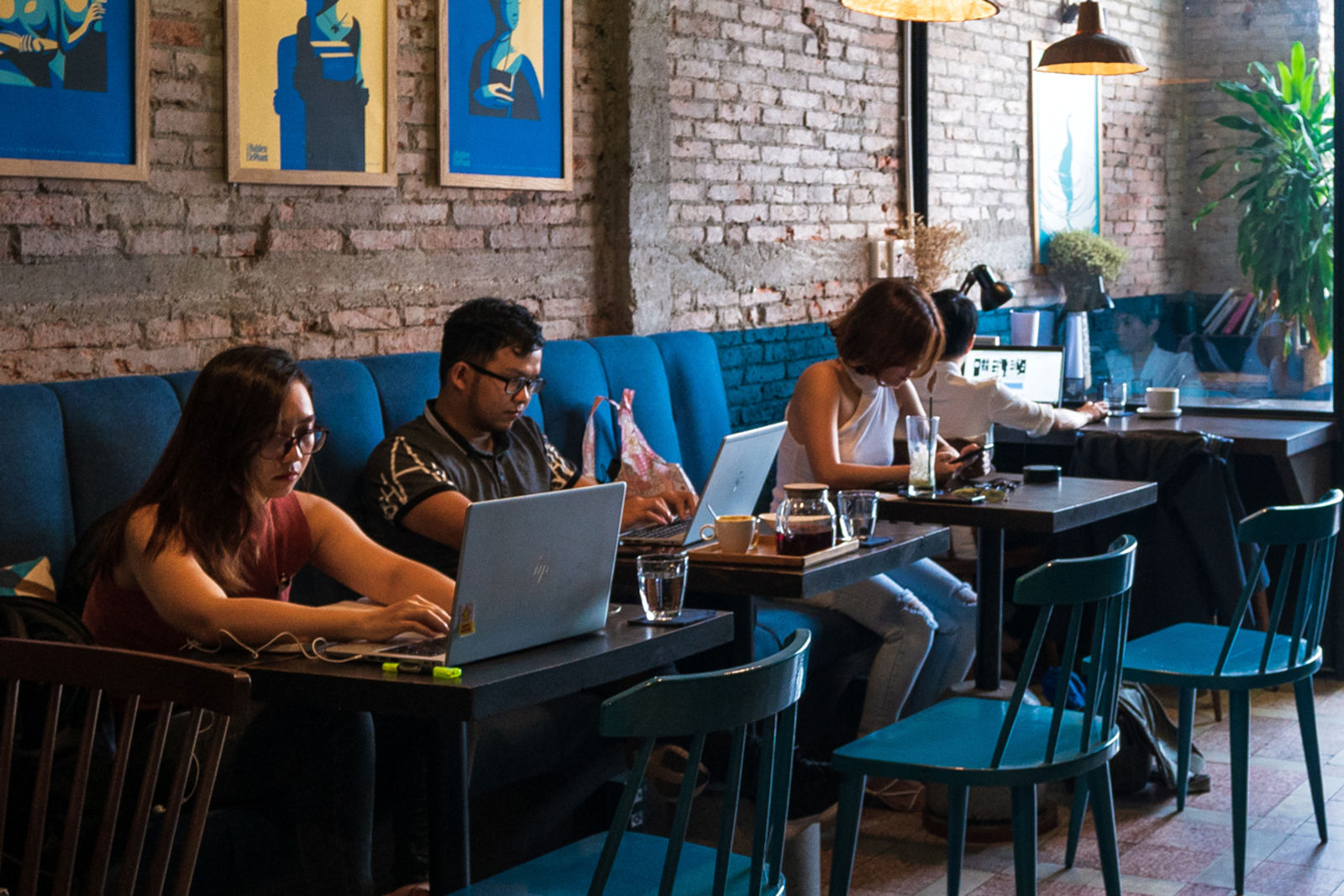Vietnam’s gender equality ranking has dropped during the past year compared to 2018, but most Asian countries also share the same fate.
The World Economic Forum, a Swiss organization, released its annual Global Gender Gap Index (GGGI) on Tuesday. The report aims to present an overall picture of the world’s progress in achieving gender parity during the last 12 months.
The report ranks 153 countries based on 14 main areas of assessment, divided into four categories: economic participation and opportunity; educational attainment; health and survival; and political empowerment.
Globally, Vietnam is down ten places, from No. 77 to No. 87, compared to last year. In Asia-Pacific, the country is ranked 10th, below New Zealand, the Philippines, Laos, Australia, Bangladesh, Singapore, Thailand, Mongolia and Indonesia. Still, within those 10, only New Zealand and Singapore improved, while others saw a slip in year-on-year rankings.
Of the four main areas, Vietnam performs the best in economic participation and opportunity, placing 31st out of 153. Almost 80% of Vietnamese women participate in the workforce, compared to 86.4% of men. The only indicator where local women do better than men is “healthy life expectancy,” as they are expected to have on average 70.7 years of good health. This figure is only 64.2 years for Vietnamese males.
As a whole, the world has observed some improvement in gender equality, thanks to a significant rise in female participation in politics, from parliament to ministerial positions and even heads of state.
This improvement, however, is mostly contributed to by Western Europe and South America, where gender parity, at the current rate, could be achieved in 54 and 59 years, respectively. Asia-Pacific, on the other hand, is estimated to take 163 years to reach gender parity.
According to the index, Iceland is currently the world’s most gender-equal country, followed by Norway, Finland, Sweden and Nicaragua.














